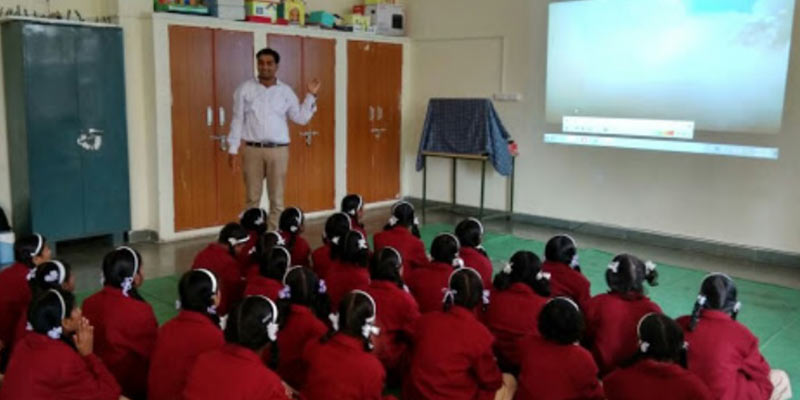- India
- Jun 09
3,621 kids orphaned, 26,176 lost a parent since April 2020
• As many as 30,071 children were orphaned, lost a parent or abandoned mostly due to the COVID-19 pandemic as per data submitted by different states till June 5, the National Commission for Protection of Child Rights (NCPCR) informed the Supreme Court.
• Of the total, 26,176 children have lost a parent, 3,621 have been orphaned and 274 have been abandoned.
• The commission further said that the state-wise data received regarding children who have lost either their mother or father or both parents from April 1, 2020 to June 5, 2021, irrespective of their reason of death (not only death due to COVID-19), was uploaded on its ‘Bal Swaraj’ portal and collated by it.
• It said Maharashtra has been worst affected with 7,084 children being orphaned, abandoned or have lost a parent mostly to the deadly virus since April 1 last year.
• Other states where children are most affected include Uttar Pradesh (3,172), Rajasthan (2,482), Haryana (2,438), Madhya Pradesh (2,243), Andhra Pradesh (2,089), Kerala (2,002), Bihar (1,634) and Odisha (1,073).
• In Maharashtra, out of the total 7,084 children, 6,865 have lost one parent, 217 have been orphaned and two children have been abandoned, while Madhya Pradesh tops the chart where 226 have been abandoned.
• Among the affected, there are 15,620 boys, 14,447 girls and four transgender, with most children falling in the category of 8 to 13 years of age (11,815).
• The Supreme Court has issued directions to states and Union Territories to ensure there is no break in the education of children orphaned due to COVID-19.
Main Features of Right to Education (RTE) Act, 2009
• Free and compulsory education to all children of India in the 6 to 14 age group.
• No child shall be held back, expelled or required to pass a board examination until the completion of elementary education.
• If a child above 6 years of age has not been admitted in any school or could not complete his or her elementary education, then he or she shall be admitted in a class appropriate to his or her age.
• However, if a case may be where a child is directly admitted in the class appropriate to his or her age, then, in order to be at par with others, he or she shall have a right to receive special training within such time limits as may be prescribed. Provided further that a child so admitted to elementary education shall be entitled to free education till the completion of elementary education even after 14 years.
• Proof of age for admission: For the purpose of admission to elementary education, the age of a child shall be determined on the basis of the birth certificate issued in accordance with the provisions of birth. Deaths and Marriages Registration Act 1856, or on the basis of such other documents as may be prescribed. No child shall be denied admission in a school for lack of age proof.
• A child who completes elementary education shall be awarded a certificate.
• Call need to be taken for a fixed student–teacher ratio.
• About 25 per cent reservation for economically disadvantaged communities in admission to Class I in all private schools is to be done.
• Improvement in the quality of education is important.
• School teachers will need adequate professional degree within five years or else will lose job.
• School infrastructure (where there is a problem) need to be improved in every 3 years, else recognition will be cancelled.
• Financial burden will be shared between the state and the central government.
What are the key issues for achieving RTE?
• RTE provides a ripe platform to reach the unreached, with specific provisions for disadvantaged groups, such as child labourers, migrant children, children with special needs, or those who have a “disadvantage owing to social, cultural, economical, geographical, linguistic, gender or such other factors.” RTE focuses on the quality of teaching and learning, which requires accelerated efforts and substantial reforms:
• Creative and sustained initiatives are crucial to train more than one million new and untrained teachers within the next five years and to reinforce the skills of in-service teachers to ensure child-friendly education.
• Families and communities also have a large role to play to ensure child-friendly education for each and every one of the estimated 190 million girls and boys in India who should be in elementary school.
• Disparities must be eliminated to assure quality with equity. Investing in preschool is a key strategy in meeting goals.
• Bringing eight million out-of-school children into classes at the age appropriate level with the support to stay in school and succeed poses a major challenge necessitating flexible, innovative approaches.
Manorama Yearbook app is now available on Google Play Store and iOS App Store

